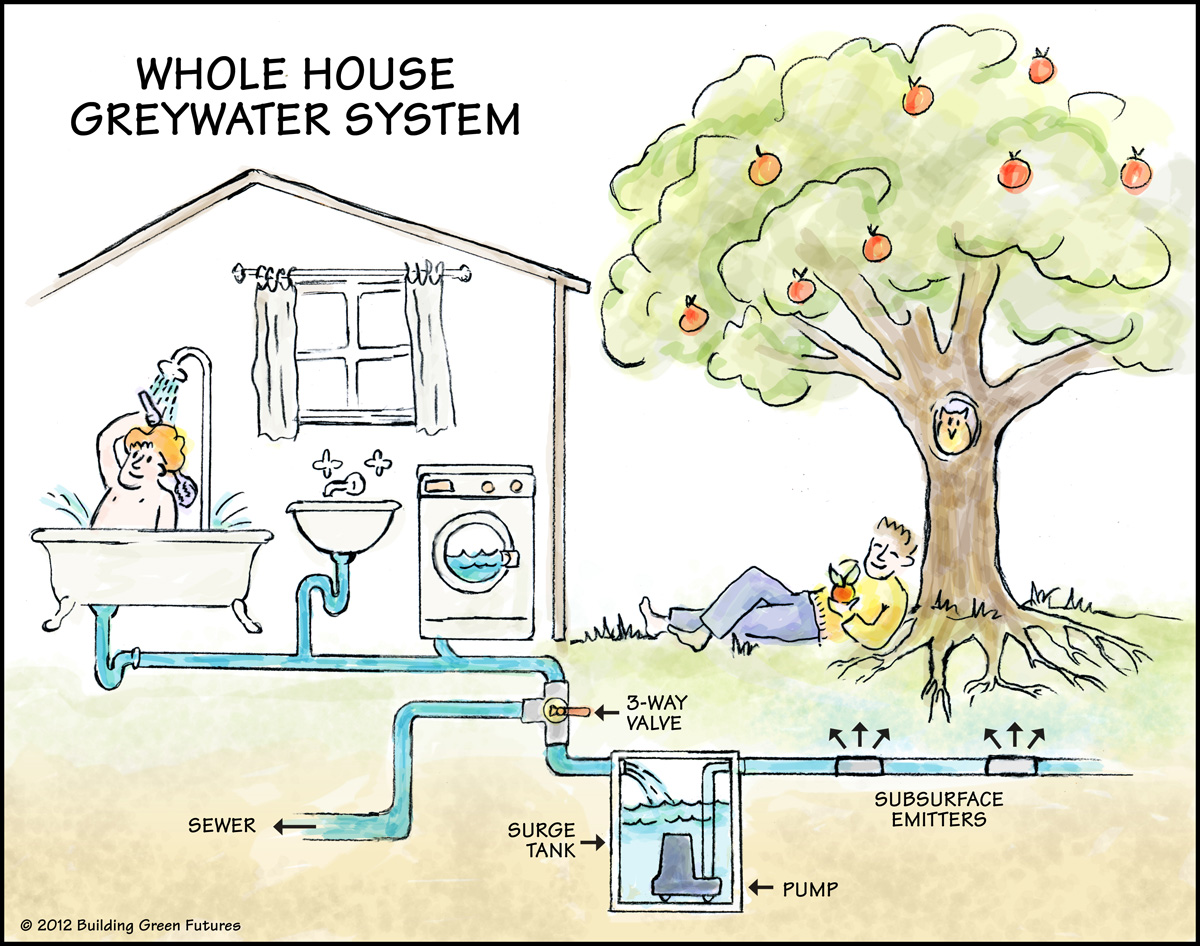Practical Ways to Improve Water Efficiency of Your House

When it comes to greener living, conserving electricity and finding greener methods of generating and using power is generally the top priority. However, the importance of using water efficiently and not wasting it should not be understated. In fact, water saving practices and infrastructure in your home can go a long way in helping you achieve your desired house energy rating certificate.
There are a number of appliances, technologies and general lifestyle habits that can be adopted in the home to ensure that water is being used effectively and efficiently. This article will go into a few tips on how to improve water efficiency.
Build A Rainwater Harvesting System
Australia has had its share of drought in recent years and if we've learned anything it's that plentiful rain isn't something we can take for granted. Utilising a rainwater harvesting system is something best installed by your plumber when building your home. It is basically a means of collecting water that runs of your house in tanks, which can vary in size and even be buried underground. Obviously these systems vary in terms of sophistication and complexity, but it's certainly worth asking your builder about your options here.
Install A Greywater System

Again, this is something to consider when you are renovating or building. A greywater system enables you to store water that would otherwise be lost down the drain so that it can be used for other purposes. Basically, this system enables you to use greywater, bathwater and machine water from special taps, avoiding the need to use regular tap water. This means utilising water that may not be safe to drink, but can be used on things like the garden and the toilet.
Energy Rating Assessment
Depending on the water systems you have, home assessments usually take only a few hours. A home assessment can help you identify how you can make significant savings by preserve water and energy. The energy rating assessor will examine the water efficiency for both indoors and outdoors. After the home assessment, the assessor will provide you with some suggestions for improvement. You should also receive a report outlining the actions you can take and what your expected savings could be. If you want more information about water and energy efficiency, we'd recommend you to speak to an expert home energy rating service provider.
Check the Water Rating
When you're about to buy a product that uses water, check its Water Efficiency Labeling and Standards (WELS) ratings, if applicable. The more stars on the WELS label - the less water that product will use, and the more money you will save. Using water-efficient products will reduce the overall water consumption of your household.
Invest in Water Conserving Faucets
Water consumption can be reduced quite significantly with the use of low flow faucets that are attached to taps, shower-heads and even toilets. Depending on the quality of the equipment, you may not even notice a difference between before and after applying the faucet. Further, you'll notice that your water bill will be reduced
Use Only What You Need

This may seem overly simplistic, but it really is good advice provided everyone living in your house follows it. Whether it be using the dishwasher, or using a washing machine or washing the car outside, be smart about how you use water. Make sure you have a full load of dishes or clothes before using the machine. Wash your car on the lawn and use water out of the bucket rather than the house. Sweep rather than spraying the leaves off the pavement. Often there are more efficient way to do things that admittedly take some effort, but are well worth it in the long run.
Bonus Tips to be more water efficient in the house:
- Store drinking water in the fridge to avoid dropping water down the sink.
- Soften frozen foods in freezer or microwave, not under the tap.
- Clean vegetables or rinse dishes in a plugged sink.
- Turn off the tap while brushing teeth or shaving.
There are many more small things that you can do on a day to day basis to improve the water efficiency of your house.


